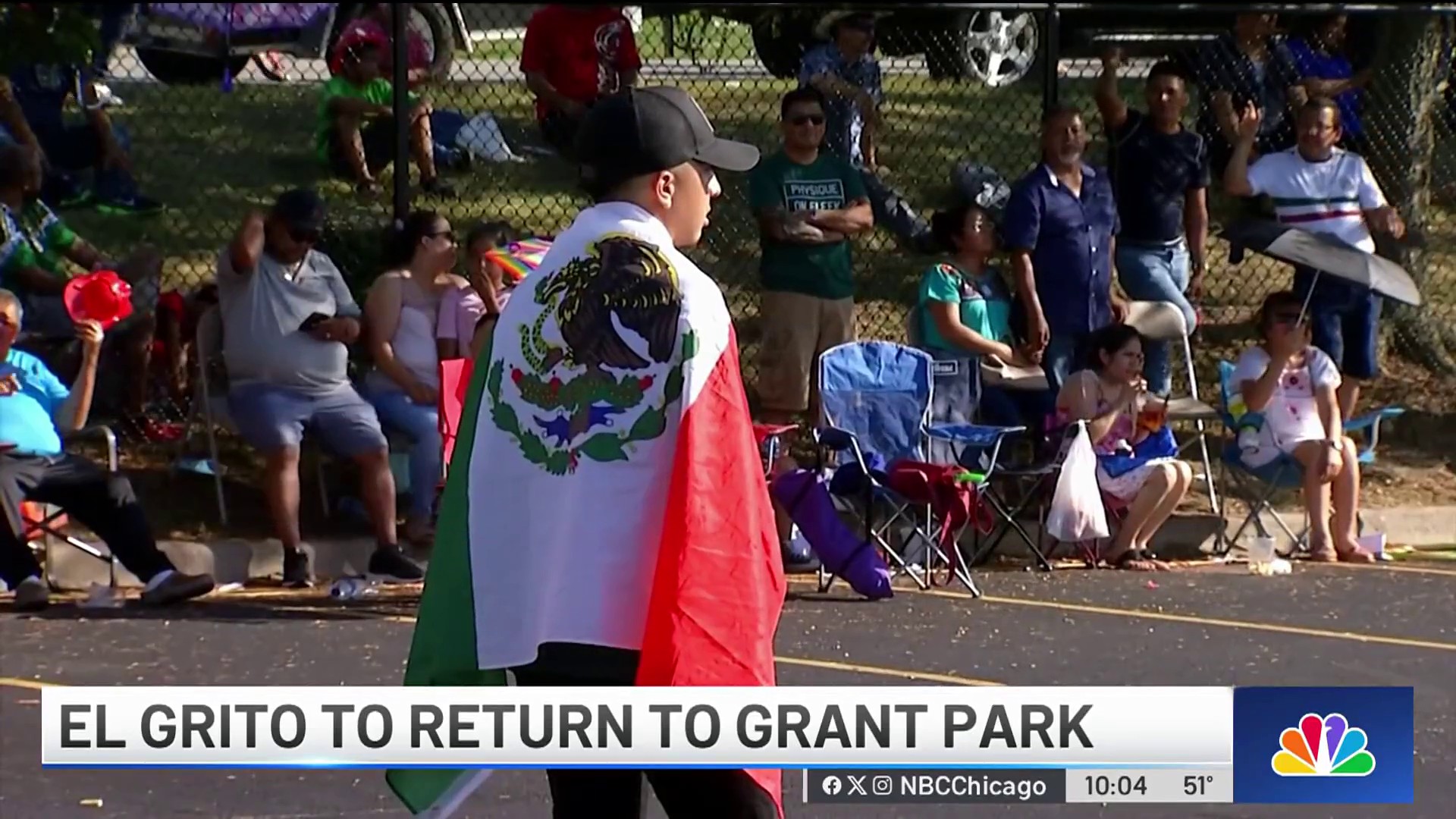Every day, automated license plate readers (ALPRs) scan the tags of cars on Illinois’ major roads and expressways. They are looking for stolen cars, missing people or vehicles used in other violent crimes.
But Illinois’ Secretary of State now wants to make sure they are not being used to crack down on women coming to the state seeking abortions and other reproductive care.
Alexi Giannoulias is backing House Bill 332, which would restrict house the data collected by those readers is shared.
“This is about fundamental rights and health care and taking care of the most vulnerable,” Giannoulias said at a news conference Thursday at the Chicago offices of Planned Parenthood Illinois.
“We will not allow people to be targeted for visiting our state to procure legal health care,” he said.
Since the Supreme Court overturned Roe v. Wade last year, Illinois has become a safe haven for people seeking the procedure. Planned Parenthood Illinois says a quarter of its clients now come from out of state.
“They are afraid they will be reported to law enforcement in their home state,” CEO Jennifer Welch said.
Local
Unlike more than a dozen other states, Illinois currently has no regulations on how the data collected by hundreds of Automated License Plate Readers used by state police, cities and even homeowners associations is shared.
The new law would restrict the sharing of date used to track people seeking health care, and would also apply to request seeking immigration status.
Feeling out of the loop? We'll catch you up on the Chicago news you need to know. Sign up for the weekly Chicago Catch-Up newsletter here.
Texas and Oklahoma have already enacted what some critics call “bounty laws," which pay private citizens to sue abortion seekers and those who help them.
Of the five states that are Illinois’ neighbors, all have either placed restrictions on abortions or are planning to do so.
“We understand with all these confusing bans and restrictions and changes of law, its scary for patients who fear they could face persecution or prosecution when they return home,” Welch said.
The measure was sponsored in the Illinois General Assembly by State Senator Sara Feigenholtz and Chicago Representative Ann Williams. Williams said her committee is also looking into further privacy protections for Illinois residents.
The license plate reader bill has passed both the Illinois House and Senate without Republican support and is awaiting the governor’s signature.



